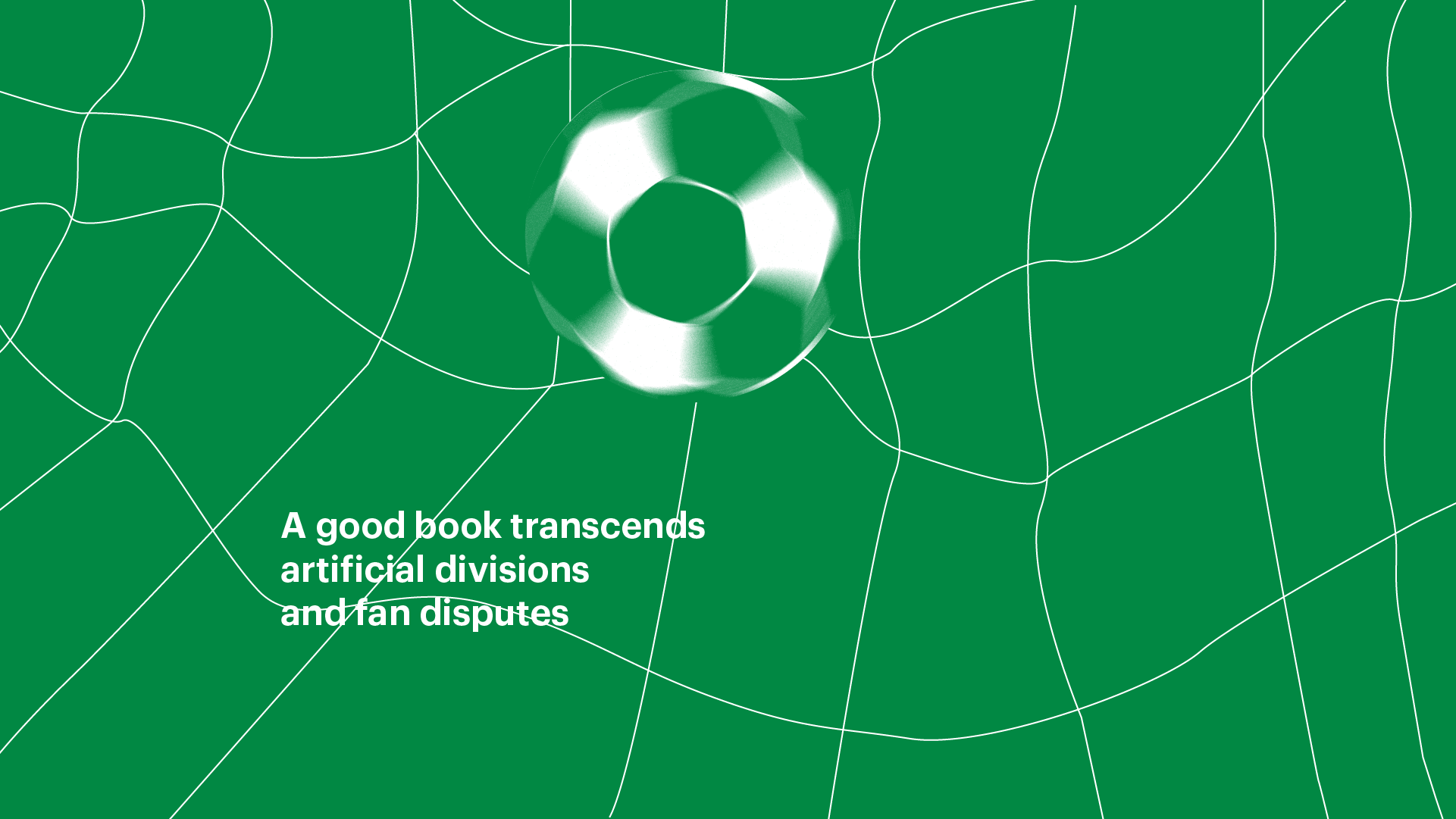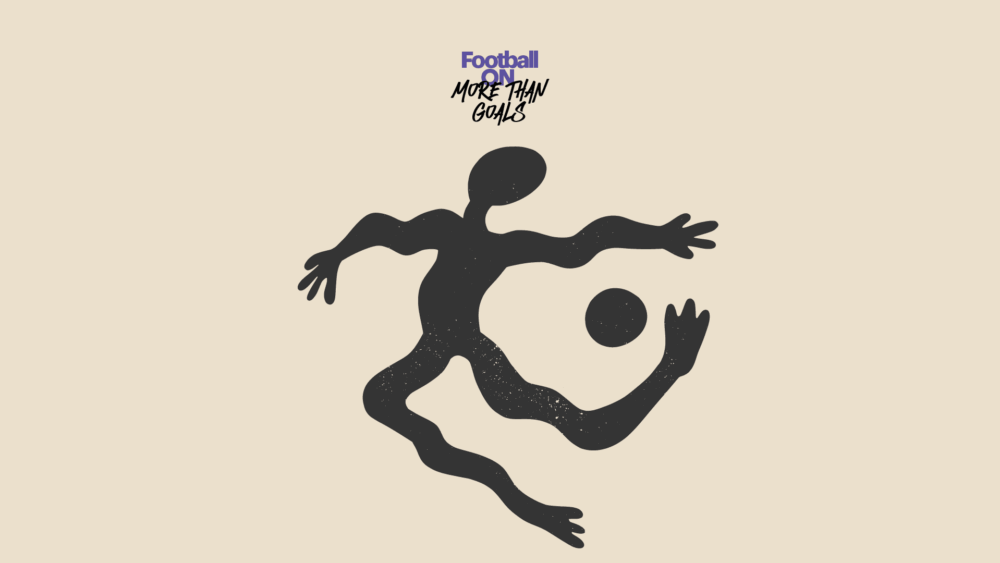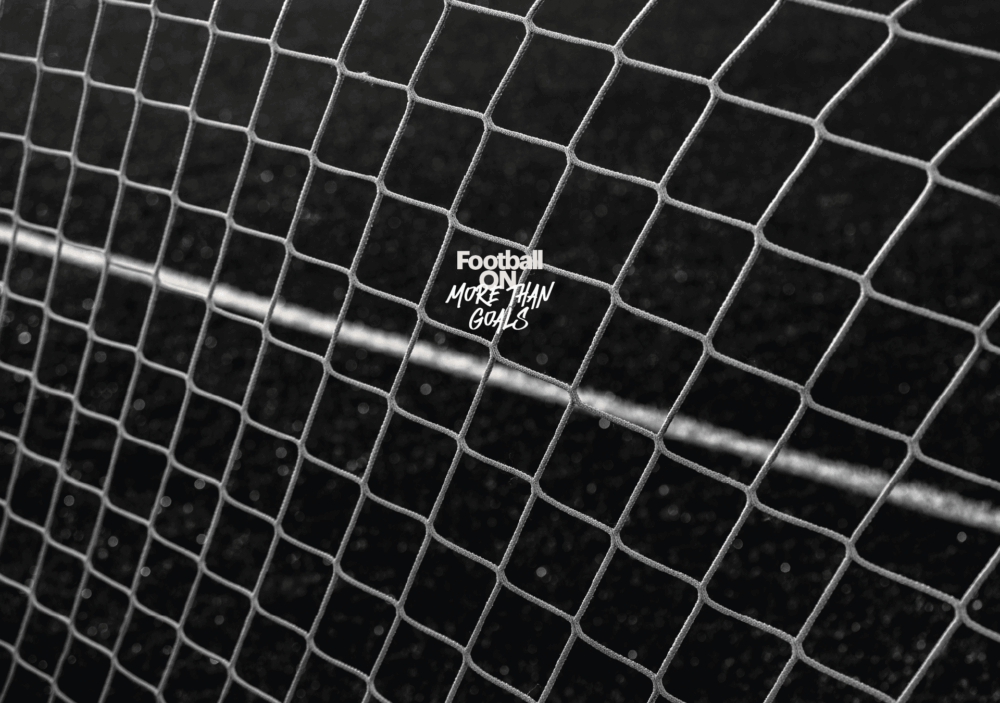
Yiannis Karachalios: “A good book transcends artificial divisions and fan disputes”
Yiannis Karachalios is a publishing editor at Topos Publishing. He participates in the FootballON: More Than Goals project of ETERON, talking about the creation of the Ballpen series, the promotion of football through literature, the debate that can start from a book title and then unfold into the public space.
I would like to ask you what is the “craziest”, perhaps the most unusual thing you have heard about in football literature? Maybe a funny story from a reader or an unexpected comment?
Having discussed this with many readers, from time to time, I have received various comments, which have helped me greatly in my work. I will dwell on something I recently heard from a great figure in Greek football and a great scientist, Lakis Nikolaou. When we sent him, through a mutual friend, Thanasis Skroubelos’s book “The Match Begins”, although he was busy examining his patients, as soon as he saw the cover of the book he was moved and decided to read the book as he finished work, which he did that very evening. On the cover of the book there is a photo of some young children playing football in one of the many fields that existed in post-war Athens. This image brought to mind Nikolaou’s childhood and the football battles that he encountered in the tough fields of Peristeri. In fact, as he told us at the book launch where he was a speaker, because his medical parents restricted him, he decided to enroll in a catechetical school so that every Sunday morning he could leave the house without hindrance and instead of Church he could go to the football fields and play.
How did the idea for the creation of the Ballpen series – a section dedicated to sports literature- come about?
The involvement with sports books began from the very beginning of the founding of Topos Publishing, in 2008. At that time, there was no systematic publishing of sports books. Only a few scattered books by great foreign authors (Galeano, Hornby, etc.) were in circulation, and mainly biographies and autobiographies of Greek and foreign athletes. The establishment of sports series with a clear identity and quality standards covered the existing needs of readers who, until then, were looking for knowledge and enjoyment mainly in Anglo-Saxon publications. Thus, we proceeded to create a series of research and study books on sports and a little later also in the sports literature series entitled Ballpen. In the design of these series, we were fortunate to rely on the valuable help of our friends and collaborators who had great knowledge of the subject. Indicatively, I mention Christos Sotirakopoulos and the late Christos Charalambopoulos who helped us decisively in the selection of sports books and respectively the great writers Dionysis Charitopoulos and Thanasis Skroumbelos who already had splendid books in their portfolio in sports literature.
What are the specificities of publishing books about sports in relation to other genres?
Sports books are, first and foremost, books and the design of their publication must follow the same strict standards regarding their selection and editing. If there is any particularity in their acceptance, it concerns the fandom, part of the public involved in sports and the side effects that it creates. Correspondingly, to a lesser extent, there is a kind of intellectual elitism in the book industry towards sports as a social phenomenon and even as one that affects the masses. A good book transcends artificial divisions and fan disputes, and can satisfy readers regardless of collective preference.
What is your opinion on the presentation and promotion of football through other media, such as cinema or theater? Do you think that literature can offer a different perspective on the sport?
Cinema and theater with football-oriented content can obviously attract a wider audience and shape a proper sports culture. When Menis Koumantareas’ book “The Jersey with number Nine” was first published in 1986, many readers were surprised or even upset that an accomplished writer “entered the fields” of football. When, two years later, the book was made into a film by Pantelis Voulgaris, and indeed with great success, it seemed that many fans saw the illustrated field of football and football players with a different perspective, some of whom read other books by Koumantareas or other authors about football – and not only.
The same thing happened, in 1989, with Dionysios Charitopoulos’s emblematic book “The Night Bukovi Left”.
Have you ever received criticism for the choice of a book in the series, perhaps because it was deemed “too commercial” or “too sophisticated”? How did you deal with it?
I have received criticism, at book fairs, from readers on Santo Madeo’s book “Mourinho the Alien”. It is logical since Mourinho has either passionate fans or haters. When I explained to them, being a childhood friend of the great Liverpool team, that this is not a biography and much less a so-called hagiography, but a thorough analysis of a series of changes that Mourinho brought to modern football, which deserve attention and discussion regardless of how they treat Mourinho as a person, then the conversation changed course.
What advice would you give to a new writer who would like to write a book about football?
The same advice that I would give to any new writer regardless of the book category. Extensive and systematic reading of corresponding books that have already been written on the same or similar topics to the one he chooses to discuss. We must not forget that we are not reinventing the wheel. Very thorough research of the data he uses in order to convincingly substantiate his assumptions. A lot of effort in cultivating the language, avoiding didactic approach and melodrama. Very good elaboration of his characters so that they are earthly, alive and not caricatures. Above all, authenticity and avoidance of imitations. The genuine giving of the soul and the true labor of the author are always distinguished by the experienced eye of a good reader.




